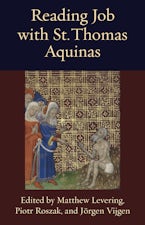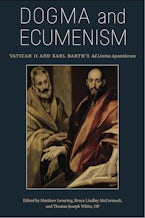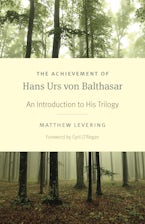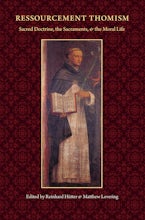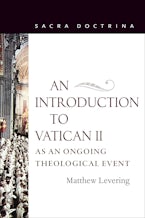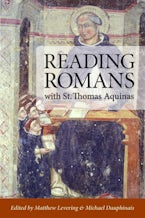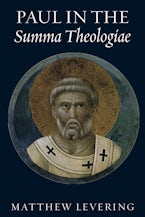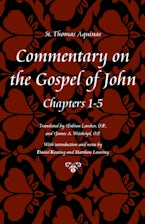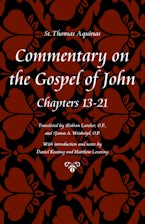Preparing your PDF for download...
There was a problem with your download, please contact the server administrator.
Ignatius of Loyola and Thomas Aquinas
A Jesuit Ressourcement
Edited by Justin M. Anderson, Matthew Levering and Aaron Pidel
Imprint: Catholic University of America Press
Though the relationship between Jesuits and Dominicans has historically been marked by theological controversy, Ignatius of Loyola, the founder of the Jesuits, shows remarkable affinity for the Thomistic tradition, the tradition advanced above all by the Dominican order. When writing the Jesuit Constitutions, in fact, Ignatius made Thomas Aquinas’s Summa Theologiae the primary textbook for Jesuit theological formation. The contributions to this volume—originating from Jesuits, Dominicans, and lay scholars alike—explore different aspects of the complex yet illuminating relationship between Ignatius and Thomas. The themes range from the general relationship between the early Jesuits and scholastic theology to the attempts by Francisco de Toledo, the first Jesuit cardinal, to apply Thomistic reasoning to the religious and legal status of Jewish converts to Christianity. Other contributions compare Ignatius and Thomas on topics of significant interest for dogmatic, sacramental, and spiritual theology: spiritual experience, the ordering of the passions, the use of the imagination, prudence and discernment of spirits, frequent communion, Mariology, the "hierarchical church," and the limits of obedience.
Students of Ignatius of Loyola, Thomas Aquinas, second scholasticism, Christian-Jewish relations, and spiritual theology in general will find this volume an invaluable contribution.
Justin M. Anderson is associate professor and Chair of Moral Theology at Immaculate Conception Seminary School of Theology at Seton Hall University. Matthew Levering holds the James N. and Mary D. Perry Jr. Chair of Theology at Mundelein Seminary and is the author and editor of a wide range of scholarly books. Aaron Pidel, SJ, is assistant professor of theology at Marquette Univesity and author of The Inspriation and Truth of Scripture: Testing the Ratzinger Paradigm.
"Fills an interesting and timely niche, showing how two different traditions within Catholicism (both alive and well) intersect more than one might expect."
~Dylan Schrader, author of A Thomistic Christocentrism: Recovering the Carmelites of Salamanca on the Logic of the Incarnation (CUA Press)


